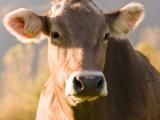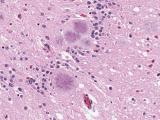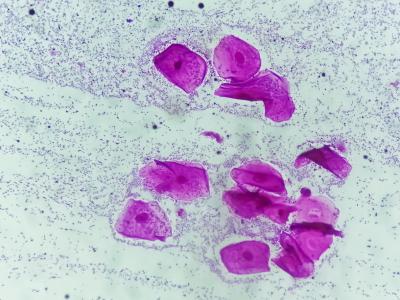Jul 11, 2003 (CIDRAP News) A feed plant in Tacoma, Wash., has admitted violating regulations intended to prevent the spread of mad cow disease and has promised to correct the problem, the Food and Drug Administration (FDA) announced today.
The FDA said X-Cel Feeds Inc. violated the 1997 Animal Feed Rule, which bans the use of protein from ruminant animals (cud-chewing animals such as cattle, sheep, and goats) in feed for ruminants. The use of ruminant protein in cattle feed is believed to have caused the spread of bovine spongiform encephalopathy (BSE), or mad cow disease, in Britain in the 1980s and 1990s. Eating beef from BSE-infected cattle is thought to be the cause of variant Creutzfeldt-Jakob disease in humans. More than 100 cases of the fatal brain disease have occurred in Britain in recent years.
The Department of Justice has filed a consent decree in which the operators of X-Cel Feeds "admitted liability for introducing adulterated and misbranded animal feeds into interstate commerce and agreed to implement measures to correct the violations under FDA's supervision," the FDA said. The company also admitted it broke regulations on the manufacture of medicated feed, officials said.
FDA Commissioner Mark B. McClellan, MD, PhD, noted that no BSE cases have yet been detected in the United States. "FDA's animal feed regulations provide a firewall against BSE, and we are committed to strictly enforcing the rules that protect Americans from the disease," he said in the FDA announcement.
Announcement of the violation comes a few weeks after the detection of BSE in a cow in northern Alberta in May. Canadian authorities slaughtered and tested more than 2,000 other cattle for the disease but found no other cases. Investigators have not been able to identify how the cow contracted the disease but speculated that it may have resulted from eating contaminated feed before Canada's own feed rule to prevent BSE took effect in 1997.
The consent decree was filed in US District Court in Tacoma, the FDA said. The decree requires X-Cel to take various steps to prove its compliance with the feed regulations, the FDA said.
The Animal Feed Rule requires feed manufacturers to prevent contamination of ruminant feeds with prohibited proteins, maintain records to track prohibited proteins, and label animal feeds containing such proteins with a warning against giving them to cattle or other ruminants. Feed containing ruminant protein can legally be fed to swine and poultry.
"U.S. industry compliance with the 1997 Animal Feed Rule currently exceeds 99 percent," the FDA said. The FDA said its own staff and state agencies have increased inspections of feed manufacturers, rendering plants, and other firms affected by the feed rule, but it provided no details.
See also:
CIDRAP News story on Canada's official report on the BSE case in Alberta
















